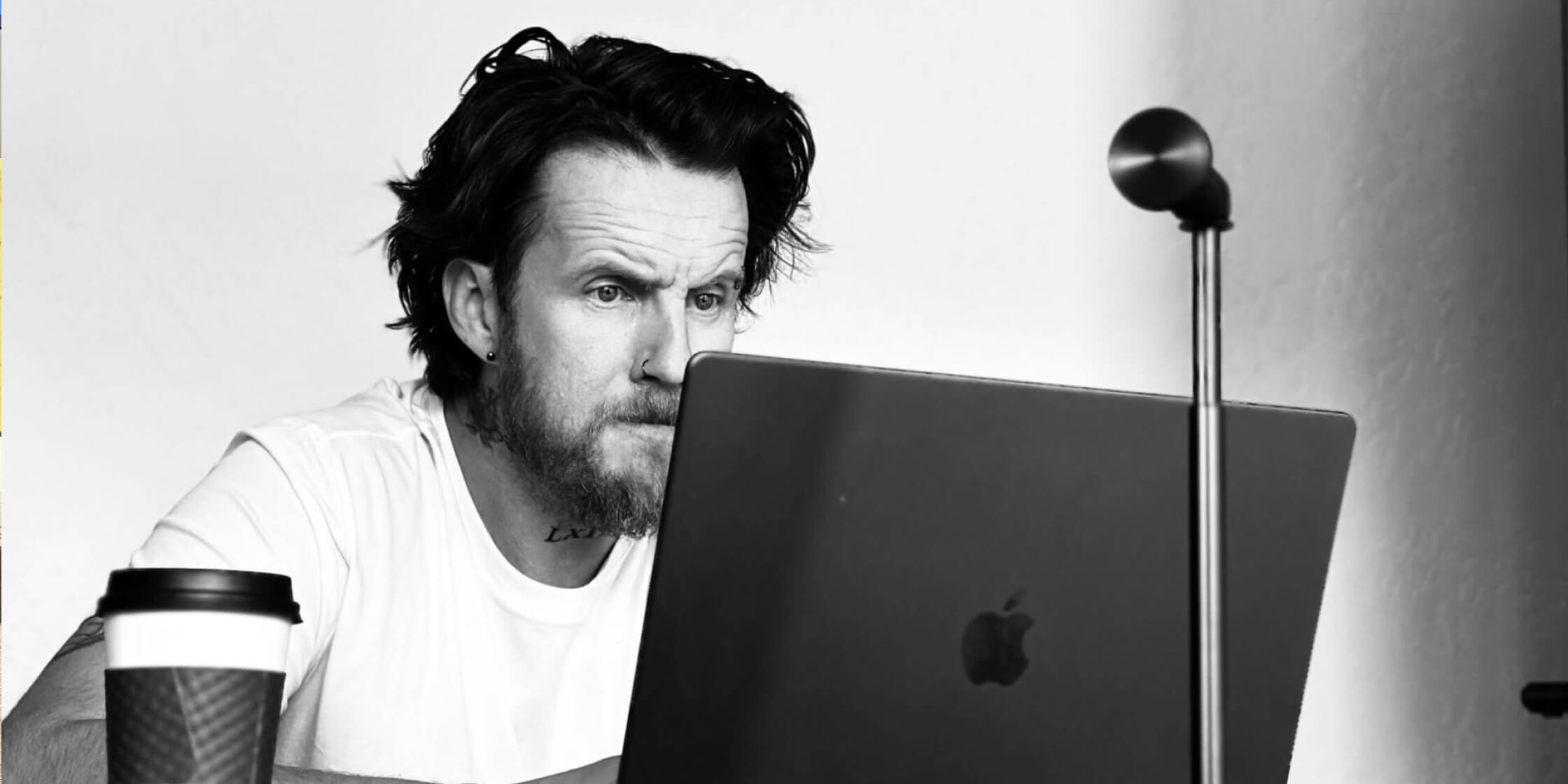When Honesty Feels Dangerous

Nothing groundbreaking, just a quick engagement piece. But as I watched their responses, something stood out—something I hadn’t fully noticed before.
A few of the younger employees answered confidently, but two of them reacted in a way that struck me. After saying the name of a country, they immediately questioned themselves: “Wait—was that racist? Should I not have said that? Was that okay?”
That moment opened my eyes to something that runs deeper than political correctness or social anxiety. It revealed just how warped and fragile our collective understanding of intention has become. We’ve reached a place where even the act of answering a neutral question can trigger fear of public judgment—not because the answer was offensive, but because of how it might be perceived.
What stood out wasn’t the question or the answers. It was the reflexive self-doubt. The idea that someone could speak from a place of complete neutrality—or even kindness—and still worry they’ve done something wrong. This kind of fear isn’t the product of hate. It’s the result of a culture that places perception above intent.
Somewhere along the way, we stopped teaching people how to assess their own motivations. Instead, we’ve trained them to constantly ask, How will this sound? How will this look? Could someone, somewhere, take this the wrong way?
And so we end up with people who are more afraid of sounding hateful than of actually being hateful.
To be clear: racism, prejudice, and hate are very real. But their definitions have become blurry. They’ve been stretched to cover accidental discomforts, honest ignorance, and even good-faith efforts to engage. The problem is not that people want to be kind. It’s that they’re terrified kindness might not be enough.
Let me offer a different perspective:
If your heart is in the right place—if you speak without malice, act without judgment, and live without hate—then there is no need to apologize for every word you say. You are not required to preemptively doubt your goodness just to satisfy a culture obsessed with offense.
True accountability doesn’t come from walking on eggshells. It comes from knowing yourself. If you act with hate, that’s on you. If you speak from prejudice, that’s your responsibility. But if you offer something sincerely, with no intention to harm, and someone else interprets it negatively—that interpretation belongs to them.
There is no virtue in self-censorship when it’s driven by fear rather than empathy. And there is no authenticity in a society that asks people to disguise their hearts just to avoid discomfort.
We need more people who are honest. Who are willing to speak, think, and live without the constant need for disclaimers. People who understand that real communication means trusting your intent—even if not everyone agrees with your words.
This wasn’t just a clip about doctors. It was a window into the modern psyche. A reminder that we don’t just need courage to speak—we need clarity about why we’re speaking, and what we truly mean.
And if we lose the ability to tell the difference between cruelty and sincerity, then we’re not creating a kinder world—we’re just creating a quieter, more fearful one.
0 Comments